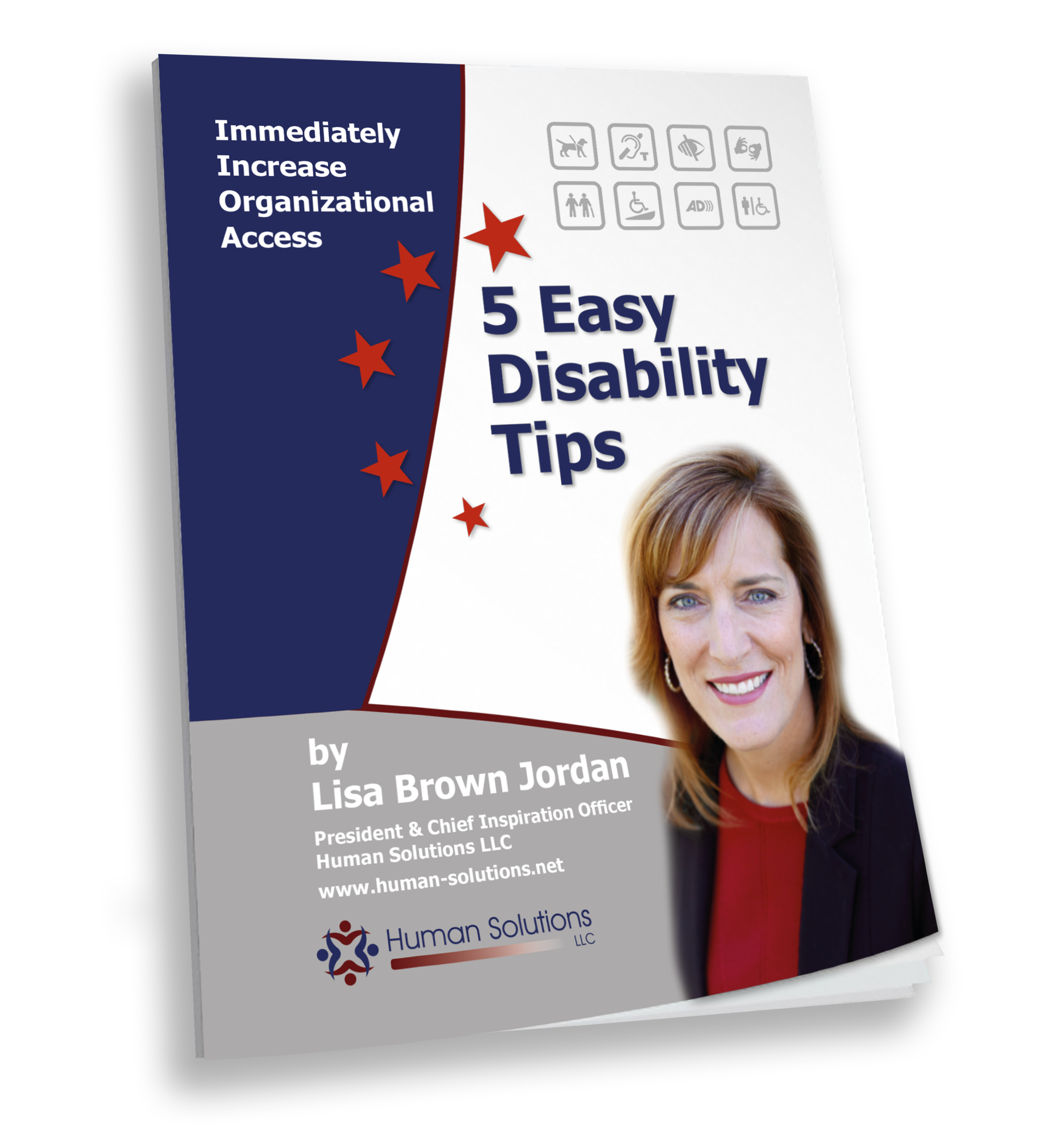In the many years I’ve worked with American Job Centers or workforce development agencies across the State of California, I’ve often engaged staff in conversations around the agency’s Reasonable Accommodation Policy. I’m often surprised at the number of staff members that are either unaware that they actually have a policy, or they’re not sure exactly what the policy says.
All organizations should have a Reasonable Accommodation Policy, not only because it’s the appropriate thing to do, but because it is a requirement under the Workforce Innovation and Opportunity Act (WIOA) Section 188 as well as other disability-related laws that apply to federally funded programs. If you’re unsure if you need a policy, a good question to answer is whether or not your agency or business is required to provide reasonable accommodations under the Americans with Disabilities Act or the Fair Employment Housing Act (CA Only). If you are, then this applies to you, and a policy should be in place.
As a good rule of thumb, I suggest utilizing the following three strategies to (1) maintain awareness within your organization, (2) make sure your team members are complying with the policy guidelines, and (3) keep your policy current based on the latest updates by the EEOC. And, I’m saying this from the perspective of a consultant who has seen what can happen when you don’t do these things.
First, locate your policy. As I mentioned before, most of you will find that you do have one. If the policy is more than two years old, review it for accuracy and make sure that the contact information and instructions still make sense. With staff turnover or restructure, you may need to update your policy to reflect those important changes.
Next, get your staff together to share and discuss the policy with everyone. Interestingly, I’ve found that for some reason, the person who answers the phone or sits at the front desk isn’t included in the “everyone.” In an anonymous survey we conducted of a group of workforce development professionals, excluding administrative staff in this discussion led to a significant amount of misinformation going to the public. Remember – these are your gatekeepers! If anyone needs to be trained on your policies and procedures, it’s the person or persons who interact most with your customers or the public. Include them in the review, and ensure they know how to respond to questions as they arise.
Lastly, be sure to include time for a policy review in your staff meetings every quarter. With the hiring of new staff and the many other things that fill your days, a review of the information will make sure that everyone is on the same page. This will lead to less misinformation going to your customers, and ultimately help you to avoid any potential misunderstandings with the people you serve.
If you’d like more detailed information about the enforcement and reasonable accommodation process according to the Americans with Disabilities Act, visit the EEOC website.
If your organization doesn’t currently have a Reasonable Accommodation Policy, I recommend you establish one as soon as possible. In our next edition of Hire UP! we’ll provide guidelines for creating a comprehensive policy for your organization. We’ll see you then!

Leave a Reply